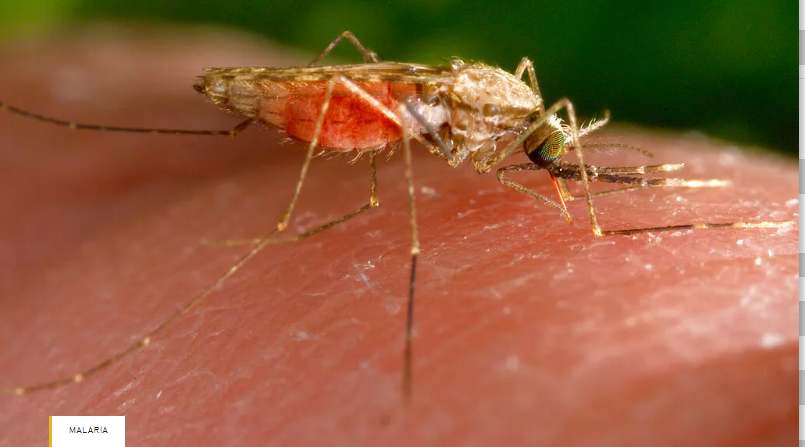
Malaria cases saw a significant increase in 2023, according to the latest report from the World Health Organization (WHO). The global health agency revealed that regions in sub-Saharan Africa and Southeast Asia were hardest hit, with millions of new infections recorded. The rise, attributed to climate change, disrupted healthcare systems, and resistance to treatments, has sparked concern among global health officials.
The report indicates that malaria cases surged by 8% compared to 2022, reversing years of progress in combating the disease. WHO’s Director-General, Dr. Tedros Adhanom Ghebreyesus, described the situation as a wake-up call for governments and health organizations worldwide. We must act decisively to regain lost ground and protect vulnerable populations, he said.
Health experts point to several factors behind the increase. Unusually heavy rains and rising temperatures created favorable conditions for mosquito breeding in many parts of Africa and Asia. In addition, healthcare disruptions caused by ongoing conflicts and the residual impacts of the COVID-19 pandemic hindered malaria prevention and treatment efforts.
The WHO report also highlights a growing concern over resistance to artemisinin-based combination therapies (ACTs), the primary treatment for malaria. Resistance has been reported in parts of Southeast Asia and now appears to be emerging in Africa. This development threatens to undermine global efforts to control and eventually eradicate the disease.
Children under five and pregnant women remain the most vulnerable groups, accounting for a significant proportion of malaria-related deaths. The report estimates that over 600,000 people succumbed to the disease in 2023, a figure that underscores the need for renewed efforts to enhance prevention and treatment strategies.
The WHO has outlined several measures to address the surge. These include increased funding for malaria research, scaling up the distribution of insecticide-treated bed nets, expanding access to diagnostic tools, and accelerating the rollout of new malaria vaccines. Notably, the R21/Matrix-M vaccine, recently approved for use in several African countries, is seen as a potential game-changer in reducing severe cases and fatalities.
Experts also emphasize the importance of community involvement in malaria control. Public awareness campaigns and local engagement are critical in ensuring the success of interventions, said Dr. Matshidiso Moeti, WHO Regional Director for Africa.
The report’s findings have sparked calls for international solidarity to tackle malaria as a global health priority. With adequate resources and coordinated efforts, WHO believes it is still possible to reverse the upward trend and move closer to achieving the goal of malaria eradication. However, without immediate and sustained action, the disease threatens to take an even greater toll in the coming years.

